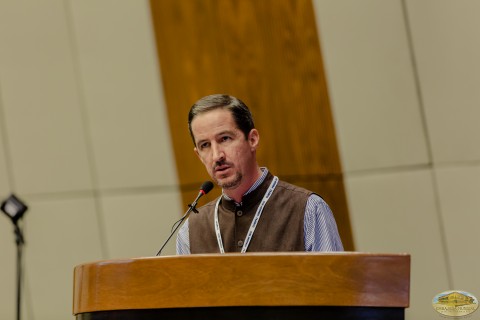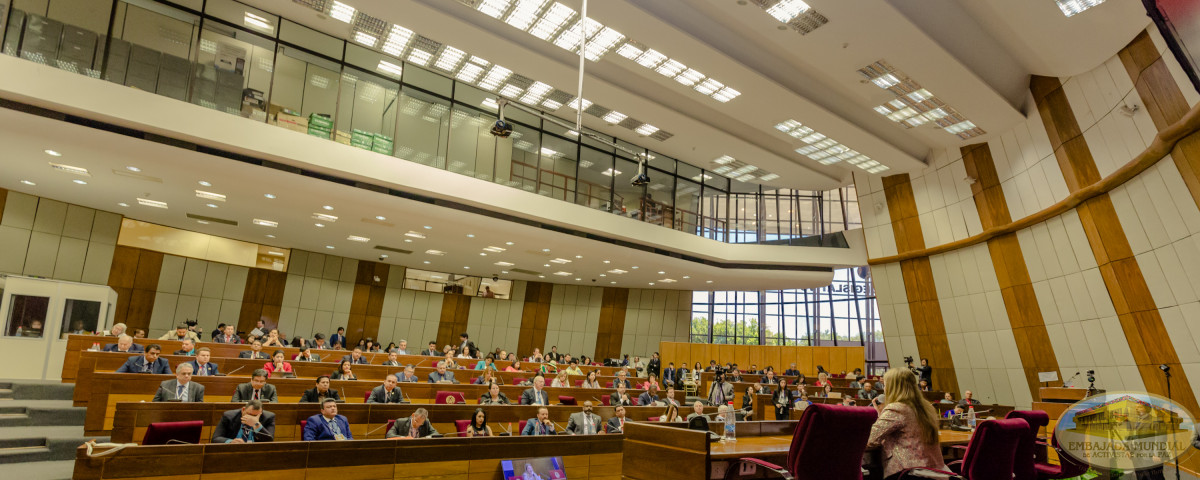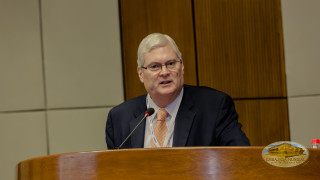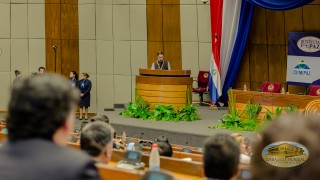In session: global integration for the defense of human rights
During the Justice and Democracy Session of CUMIPAZ 2016, Latin American authorities and specialists presented approaches centered on human rights, judicial mechanisms and public policies for their defense; as well as the regional and international integration for the efficiency of these mechanisms.
Liliana Valiña, UN Consultant on Human Rights for Paraguay, spoke on the “Judicial mechanisms in increase the protection of human rights in a globalized world”.
Valiña recalled that the United Nations was founded on three main pillars: Peace and security, Development and Human Rights. She also said that even though human rights is a fundamental part, it only receives 2% of the United Nations funding.
The consultant explained that one of the challenges faced to protect human rights is globalization, in this sense, he indicated that a global vision and interconnecting policies to provide them the dimension and effectiveness of the three pillars are required.
“We will not have development without security, we will not have security without development, and we will not have security nor development if we do not respect human rights”, he stated.
Cesar Salazar Grande, magistrate for El Salvador and president of the Central American Court of Justice, spoke of the topic: “A humanistic perspective of the integration process”.
Salazar stated the need to address the reason for the integration process, apart from those eminently economic and development reasons; he stressed that these processes must have a humanistic perspective.
He said the approach to regional and international integration is essential for the protection of the environment, food safety, health, justice, education and peace. He also mentioned respect, a pertinence of a common policy or prevention regime of natural disasters and a common climate change policy.
“Joint action is more effective than individual action and that is where we need to understand that the integration process is not simply an economic integration, but rather sharing political decisions that are oriented towards the common wellbeing of the citizens”, he said.
ALARM SIGNS

The director of the Barefoot College (Colombia) in Latin America, Rodrigo Paris Rojas, participated with the lecture: “Challenges and contributions of the media to denounce warning signals that violate human rights and the atrocity of genocide”.
“Informative intoxication of the war makes it difficult for many to think about peace, make peaceful decisions, act peacefully”, he stated.


